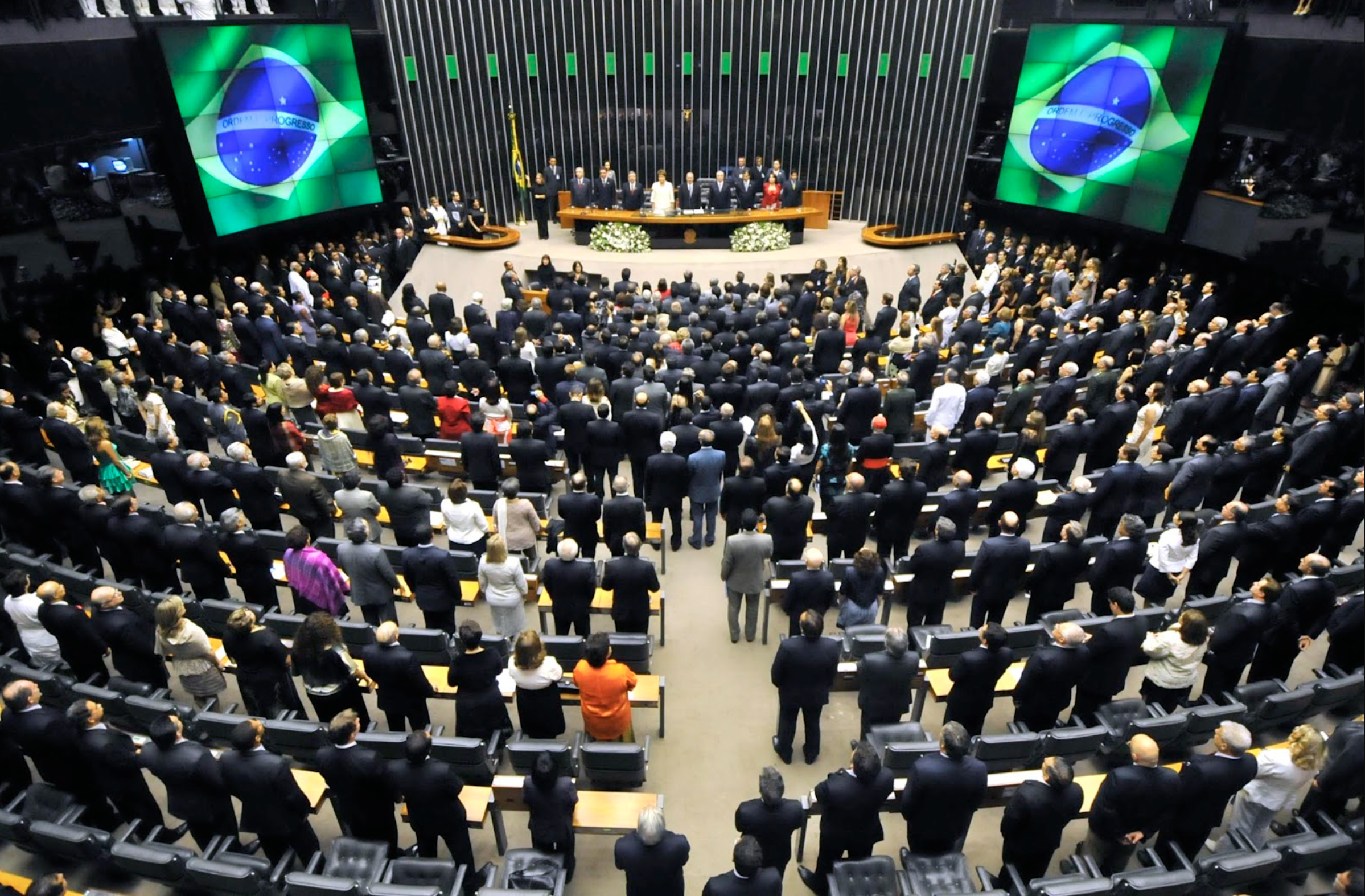The issue of political fronts has once again been at the center of the discussion in Brazil and has been addressed from various points of view since democracy began to be threatened by President Jair Bolsonaro. However, the problem dates back to the beginning of the current democratic period, in particular to the constituent process in the 1980s.
One approach tackles the problem from the perspective of leadership. Political scientist Sérgio Abranches, for example, considers that there are leaders “who consider themselves democratic” but who, deep down, are intolerant of different ideological groups. From this point of view, political fronts should be formed on the basis of “minimum programs”, leaving aside differences on specific and ideological issues in favor of the “main contradiction”, which would be the disjunctive “neofascism versus republican democracy”.
Another approach is the invocation of the “protofascist” threat as a process of internal deterioration of the Brazilian democracy itself, as the essayist Luiz Sérgio Henriques puts it. The remedy presented by this author is that of the political center as a space “to move all political forces and society itself.” The stumbling block of this alternative, as Henriques states, is the “uncertainty about the main party of the left, its basic line and the orientation of its sympathizers, who have not been trained in the politics of fronts.” However, in his perspective, it seems sufficient for the Worker’s Party (PT) to symbolically salute the center, by electing a conservative vice-president, “to calm the markets”.
The problems and challenges of these approaches are real and must be solved. However, the political center is far from being able to offer an alternative in the current Brazilian context, lost as it is in its programmatic orthodoxy and political catatonia.
The difficulty of creating programmatic democratic fronts
The basic problem goes back to the beginning of the current democratic period, more specifically to the way in which the political center re-emerged and reinvented itself in the following governments. The first worrying signs appeared already in the constituent process (1986-1988), when, together with the intense social mobilization for the new Constitution, a political representation emerged from the ballot box produced by the best political and intellectual cadres that had driven that mobilization.
The crises that followed, including the impeachment of President Collor (1992) – whose crimes went unpunished – only aggravated the situation, making prophetic the words spoken in 1989 by Ulisses Guimarães, the leader of the Brazilian Democratic Movement (MDB) – the opposition tolerated by the military regime – and of the resistance against the dictatorship: “if you think the current Congress is bad, wait for the next one”.
Since then, the center of gravity of the new Brazilian politics has shifted away from the MDB axis toward the parties that presented themselves as willing to carry out structural reforms in the country, Brazilian Social Democracy Party (PSDB) and the Workers’ Party (PT). The turning point was the government of Itamar Franco (1992-1994), which managed to rebuild a democratic front and put an end to the serious economic crisis aggravated during the Collor government, of which he was vice-president. Franco’s political front, which ranged from the liberal right to the moderate left (ex-communists), although focused on the urgency of halting hyperinflation and maintaining the republican character of the system, failed to attract the majority of the left, whose most important party, PT, expelled from its ranks those who supported the new government coalition.
The attempt to revitalize the young democracy flows back in the following years, despite the success of the Real Plan (1994), which managed to control hyperinflation. Even during the government of Fernando Henrique Cardoso (1995-2002) – who had been Minister of Economy in the Franco government – reforms were limited to liberalization, without addressing the challenge of national development on the periphery of capitalism and, above all, without confronting the neo-patrimonial and anti-republican practices of the conservative allies.
The two terms of Lula (2003-2010) and Dilma Roussef (2011-2016) -the latter also interrupted by unimpeachment-, with their welfare reforms only aggravated the problem, as proven by the corruption scandals known as Mensalão and Petrolão.
Instead of forming programmatic fronts in favor of socio-economical reforms that would address the most urgent economic and social problems, both the PSDB and the PT opted for governments supported, mainly, by anachronistic political forces, which ended up preventing the path of reforms that could have unblocked development and avoided the current crisis.
It is not enough to defeat Bolsonaro at the polls
The crisis that today consumes Brazilian democracy is neither limited nor exhausted in Bolsonaro, which seems rather a mark of the limitations and difficulties of democracy without solid bases. Based on interpersonal dependence, manifested in the “sale of votes” and on financial fragility that blocks social mobility, Brazilian democracy decline, entangled in structural problems that are expressed in the precarization of labor and the dismantling of productive chains, with the demobilization of workers and the closure of companies.
No democracy can be sustained on these bases. It is enough to look at the political scenario that today threatens the Western democracies, victims of deindustrialization, a scenario aggravated by the inflationary escalation of the pandemic and the war in Ukraine.
In Brazil, where the social fabric is structurally fragile, the outcome could not be better, as we see with Bolsonaro and his repeated threats of a coup d’état. However, it is naïve to assume that this delicate situation will be reversed simply by defeating the current incumbent in 2022 and putting back in power the leadership responsible for the failed “partisan selfishness” that brought Brazil to this scenario.
Strengthening Brazil’s fragile democracy requires a return to a kind of democratic front like that of Franco’s government, based on a consensual program – rather than a mere abstract defense of democratic principles – the only way to overcome populist polarization, end the socio-economic crisis and restore popular confidence in the constitutional pact of 1988.
Translated from Spanish by Janaína Ruviaro da Silva











